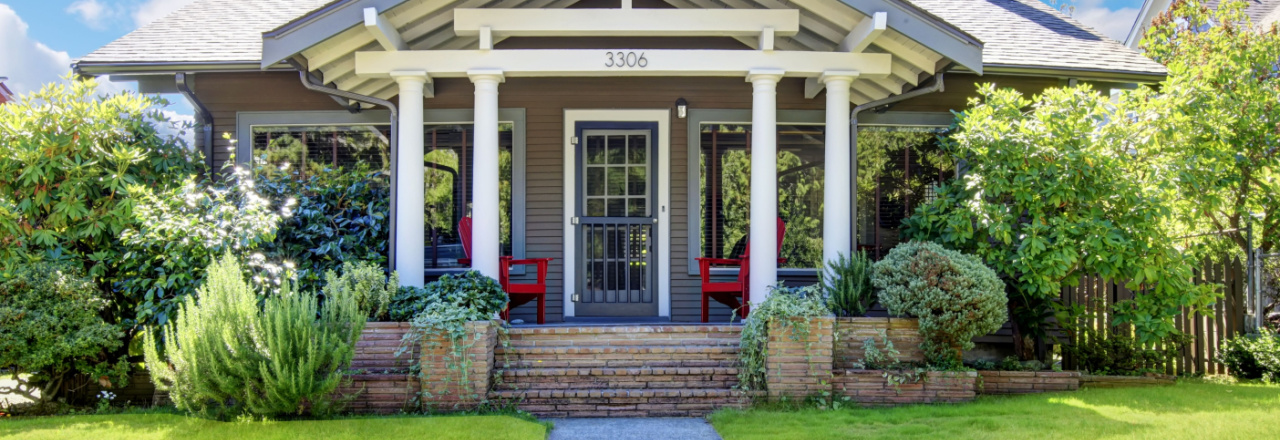Owning a property comes with a special set of challenges, and one of the biggest decisions you’ll face is whether to rent or sell it if you decide to move on from the property and into new digs. No matter if you choose to rent your property or sell, there are some things you should weigh before making your final decision.
In this blog post, we’ll take a look at some of the arguments for and against both renting and selling a house, as well as the challenges that come with each.
Renting Your House
Renting your house can provide a steady stream of income, which can be particularly appealing if you’re not in a position to sell your property right away. It can also be a great way to hold onto a property that may appreciate in value over time. Here are some of the arguments for and against renting your house.
Reasons You Should Rent
Steady Income: Renting out your property can provide you with a steady stream of income that can help cover your mortgage payments and other expenses.
Tax Benefits: There are several tax benefits to owning rental property, including deductions for property taxes, mortgage interest, and repairs.
Investment: Owning rental property is a great way to invest in real estate, which can appreciate over time and provide a good return on investment.
Reasons Not to Rent:
Responsibility: As a landlord, you’ll be responsible for maintaining the property, finding tenants, collecting rent, and dealing with any issues that arise. Additionally, if you’re not a local landlord, you may depend on a property management company to take care of the property and issues for you.
Risk: Renting out your property comes with risks, including the possibility of non-payment, damage to the property, and legal issues.
Flexibility: Renting out your property means you’ll have less flexibility to sell or use the property for your own purposes.
Selling Your House
Selling your house can be a great option if you’re looking to cash in on the equity you’ve built up in the property or if you need to move quickly. However, there are also downsides to selling your house that you should consider.
Reasons to Sell:
Cash In: Selling your property can provide you with a large sum of money that you can use for other investments or to pay off debt. This is especially important if you’re looking at buying a new home.
Ease: Selling your property can be a quick and easy way to get rid of a property you no longer want or need.
Flexibility: Selling your property means that you’ll have the flexibility to move or use the money for other purposes.
Reasons Not To Sell:
Loss of Equity: When you sell your property, you’ll lose the equity you’ve built up over time, which can be a significant financial loss.
Market Conditions: The housing market can be unpredictable, and there’s no guarantee that you’ll get the price you want for your property.
Transaction Costs: Selling a property can be expensive, including real estate agent fees, closing costs, and taxes.
Weighing Whether to Sell or Rent
There’s no right or wrong answer to whether selling or renting is right. It really comes down to your personal preferences, goals, and needs. For some people, owning multiple properties as a landlord is a profitable proposition, for others, the headache of renting just isn’t worth the hassle.
On the other hand, selling your property could yield a big windfall, especially in today’s market, but things could change rapidly and without warning. If you’re cash-strapped and depend on a home getting sold to purchase a new one, you could be playing a game of Russian roulette. On the other hand, offloading a property free and clear could be just what you need to get a big head start on your next home purchase.


